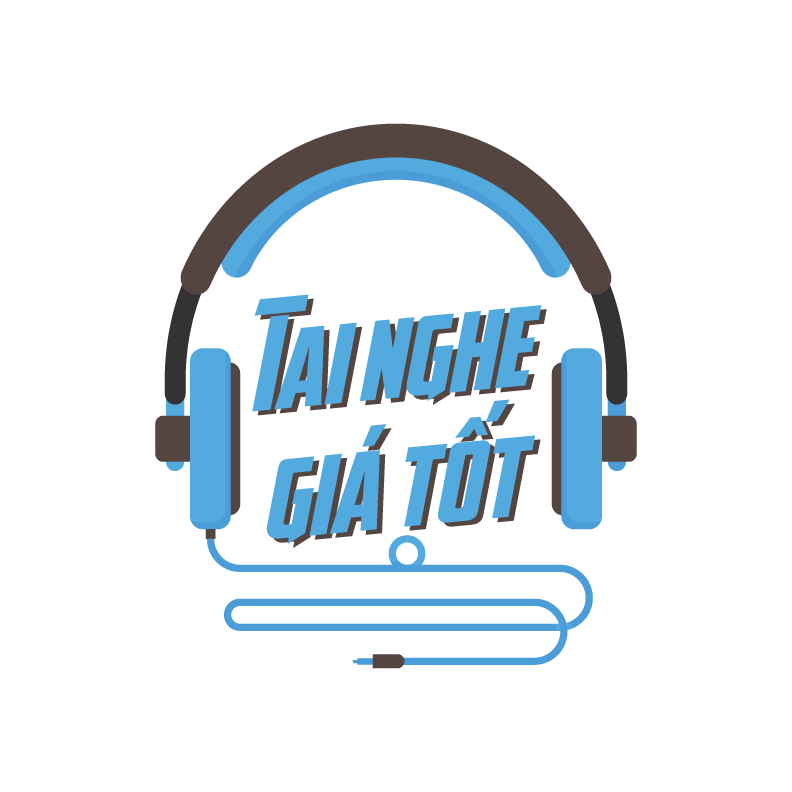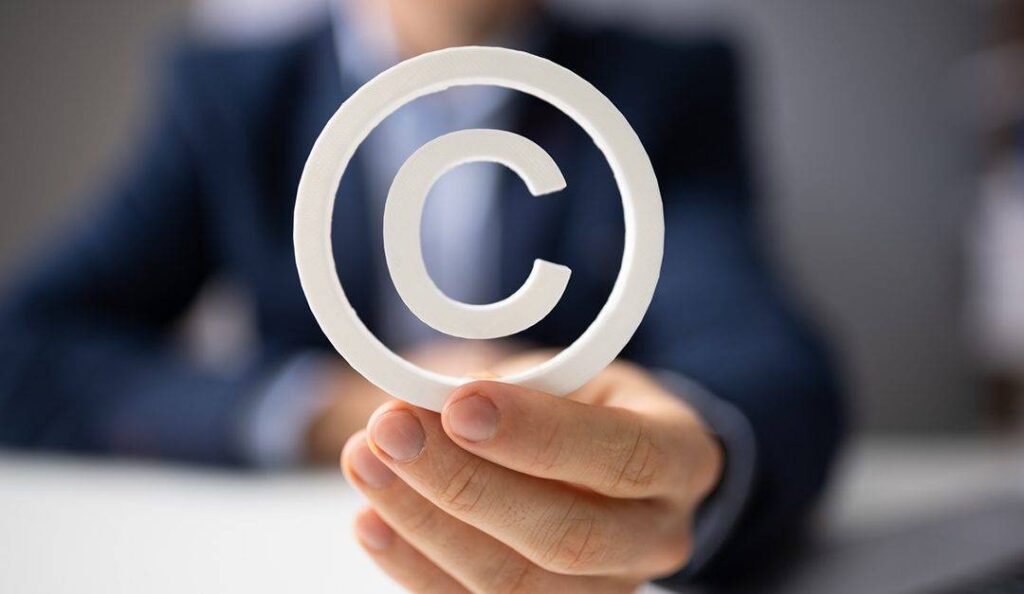Law
Copyright Infringement: What to Do If Your Work is Stolen
[ad_1]
Introduction
In today’s digital age, content creation has become more accessible than ever. With a simple click, your work can be shared, liked, and even go viral on the internet. However, the ease of sharing also brings with it a significant concern: copyright infringement. If your creative work, whether it’s a piece of writing, artwork, music, or any other form of intellectual property, is stolen, what can you do to protect your rights and seek redress? In this article, we’ll explore the concept of copyright infringement, its impact, and the steps you can take if your work is stolen.
Understanding Copyright Infringement
Copyright infringement occurs when someone uses, copies, distributes, or reproduces your copyrighted work without your permission. Copyright is a legal protection granted to the creators of original works, giving them exclusive rights to their creations. These rights include the ability to reproduce, distribute, perform, and display their work. Copyright applies to a wide range of creative expressions, such as:
- Literary works (books, articles, and written content)
- Artistic works (paintings, photographs, and sculptures)
- Music and sound recordings
- Film and video content
- Software and computer programs
When someone infringes on your copyright, they are essentially stealing your intellectual property, which can have serious consequences for both you as the creator and the infringing party.
Impact of Copyright Infringement

Copyright infringement can have significant implications for both creators and infringers. Here’s how it impacts various stakeholders:
- Creators:
a. Loss of income: Unauthorized use of your work can lead to lost revenue, especially if the infringing party is profiting from it.
b. Diminished reputation: Infringement can damage your reputation as a creator, as people may mistakenly associate your work with the infringing party.
c. Loss of creative control: When your work is used without permission, you lose control over how it is presented and used. - Infringers:
a. Legal consequences: Copyright infringement is a violation of intellectual property laws and can result in legal action, fines, and penalties.
b. Damage to reputation: Being known as an infringer can harm an individual or organization’s reputation.
c. Financial consequences: Infringement may lead to financial damages, including payment of damages to the copyright holder.
What to Do If Your Work Is Stolen
If you discover that your work has been stolen or used without your consent, here are the steps you can take to protect your rights and seek redress:

- Document the Infringement:
The first step is to gather evidence of the infringement. This includes saving copies or screenshots of the infringing material, noting the date and time of discovery, and identifying the infringing party. - Determine the Extent of the Infringement:
Assess the scope of the infringement. Is it a minor case of unauthorized sharing, or is your work being used for commercial purposes without your consent? The extent of the infringement will influence your course of action. - Contact the Infringing Party:
Reach out to the infringing party and ask them to remove the infringing material. Sometimes, they may not be aware of the copyright violation and may rectify the situation voluntarily. - Send a Cease and Desist Letter:
If the infringing party is uncooperative, consider sending a formal cease and desist letter through legal channels. This letter should outline the copyright infringement and demand that they stop using your work immediately. - File a DMCA Takedown Notice:
For online infringement, the Digital Millennium Copyright Act (DMCA) in the United States allows copyright owners to request the removal of infringing content from online platforms. Most platforms have established procedures for submitting DMCA takedown notices. - Register Your Copyright:
While copyright protection is automatic upon the creation of a work, registering your copyright with the appropriate government agency (e.g., the U.S. Copyright Office) provides additional legal protection and remedies if infringement occurs. - Seek Legal Counsel:
If the infringement persists and results in significant damages, consider consulting with an attorney experienced in intellectual property law. They can advise you on legal action, such as filing a lawsuit. - Explore Alternative Dispute Resolution:
Some cases may be resolved through negotiation, mediation, or alternative dispute resolution methods, rather than going through a full legal trial. - Monitor and Protect Your Work:
To prevent future infringements, consider using digital rights management (DRM) tools and regularly monitoring the use of your work online.
Conclusion
Copyright infringement is a serious issue that can have profound consequences for both creators and infringing parties. Protecting your intellectual property is essential to ensure that your creative efforts are valued and respected. If your work is stolen, take immediate action to safeguard your rights and seek appropriate remedies. By understanding copyright law and following the steps outlined in this article, you can protect your creative works from theft and maintain control over your intellectual property.




